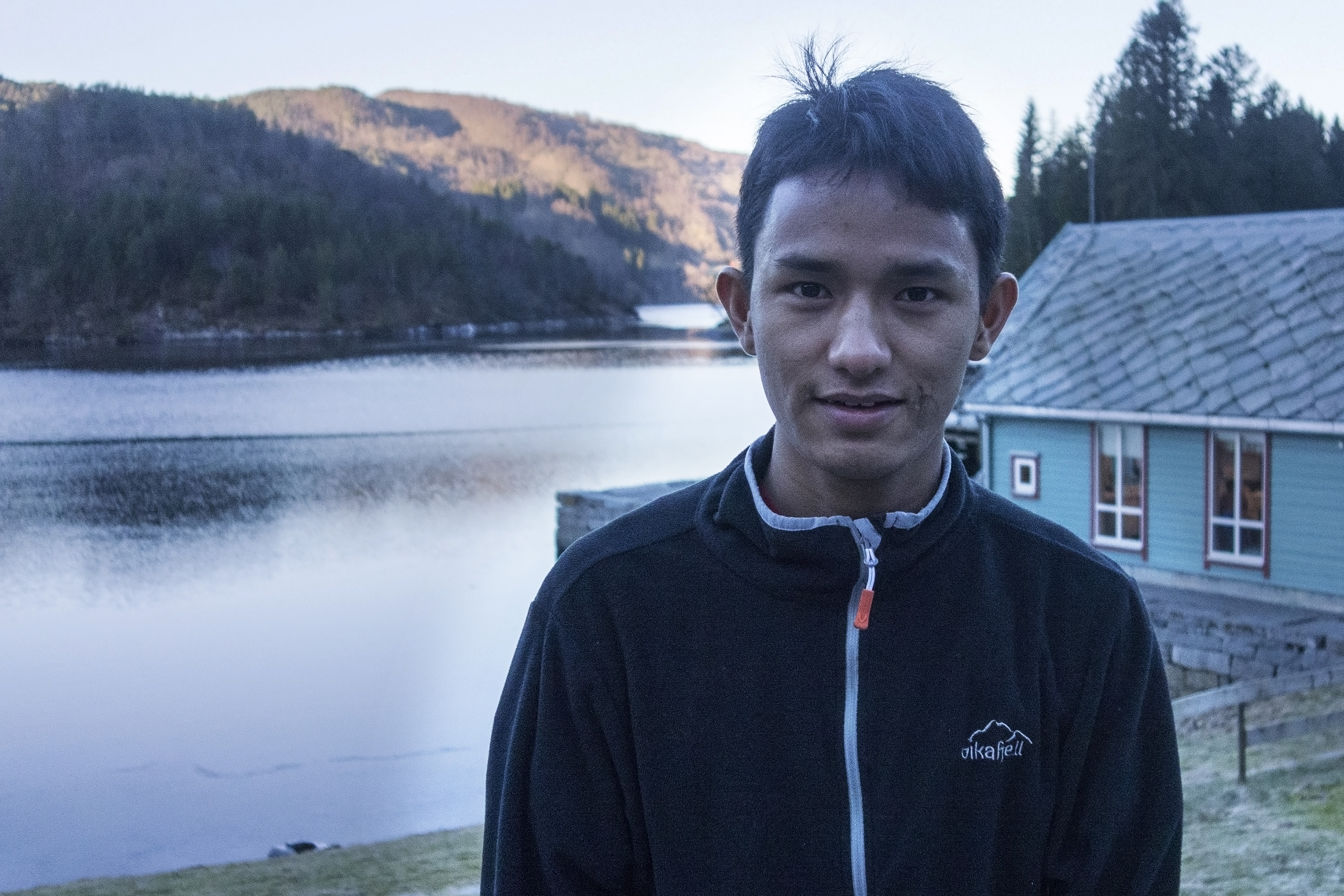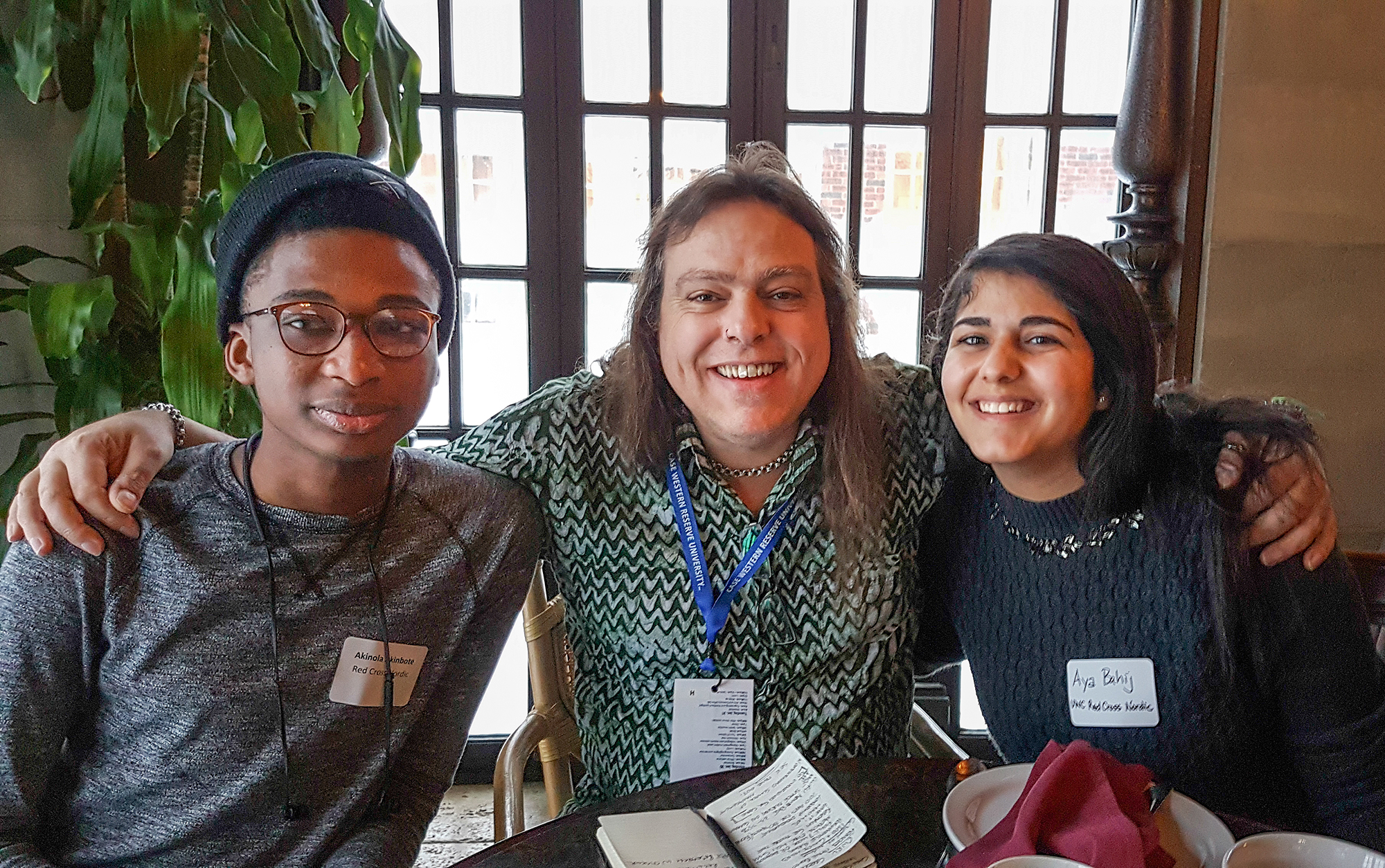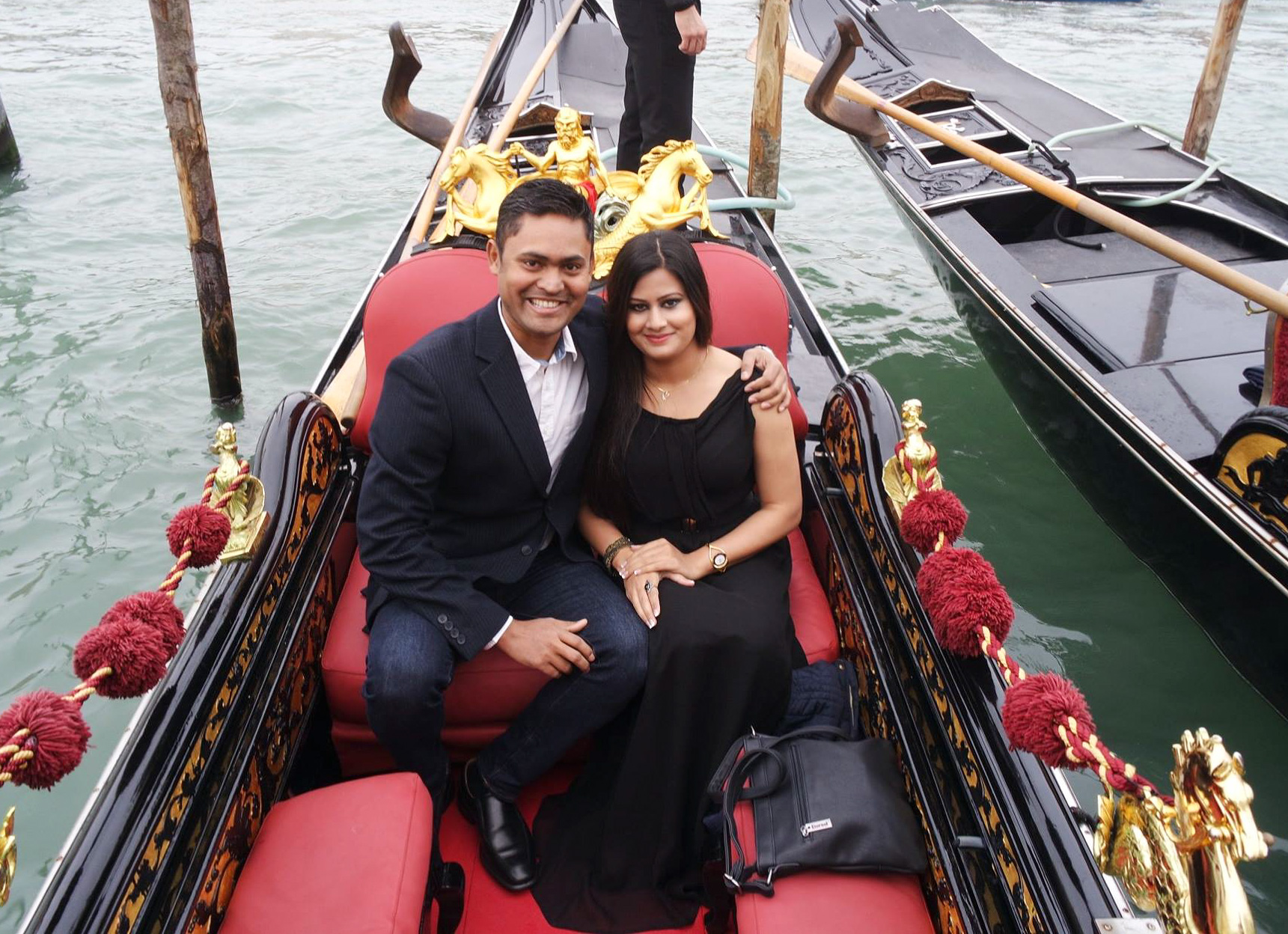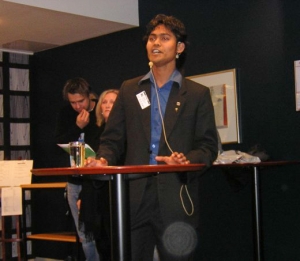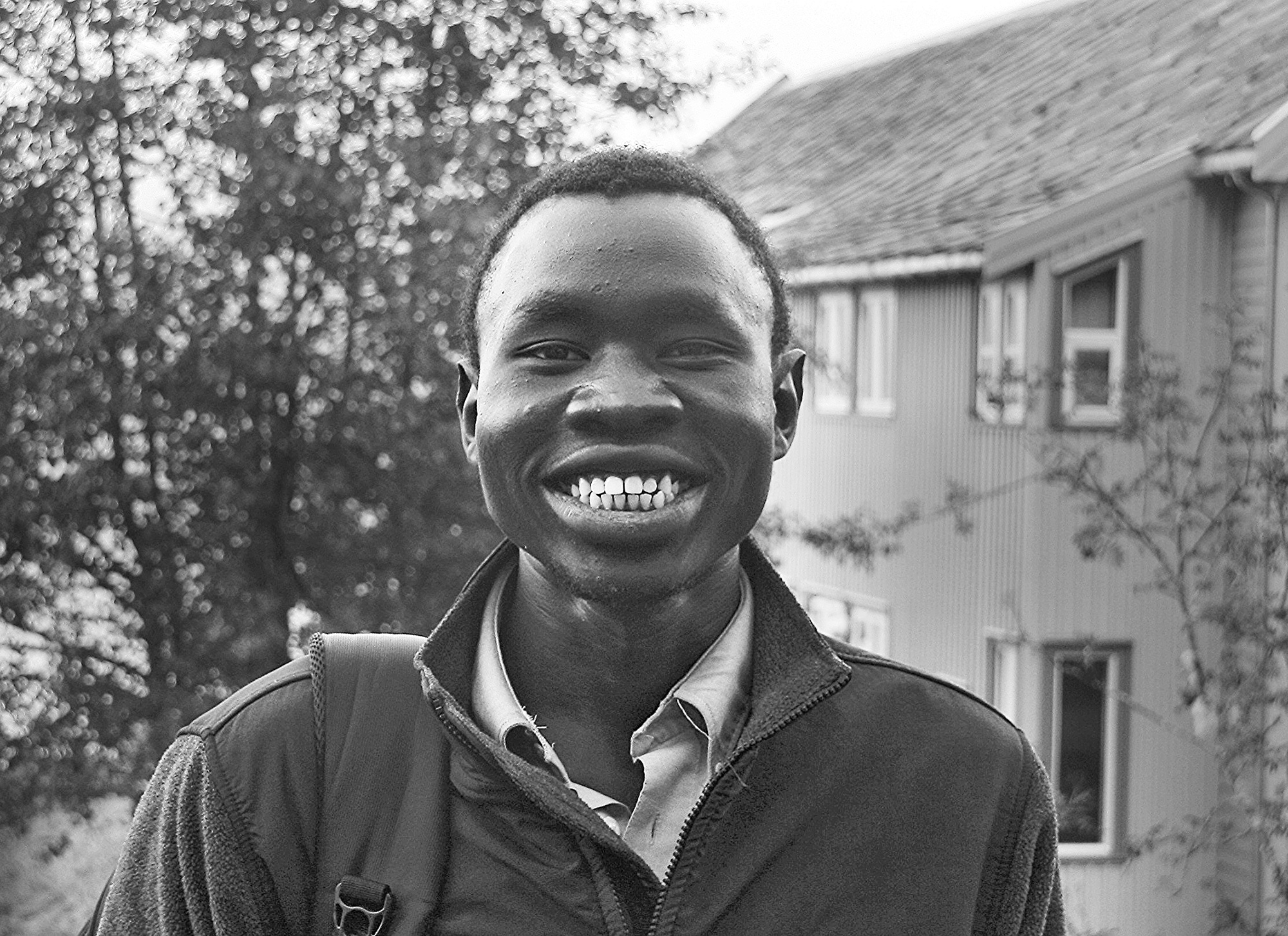Hari Bahadur Tamang (’16 – ’19)
Hari Bahadur Tamang says he was born twice. As soon as he was born, he faced challenges. From a small village in Chitwan in southern Nepal, he had 11 siblings, and his parents were poor, and could not look after all the children properly, so all of them were sent out to work at a very young age. Hari went to work as a dishwasher in a hotel 10 hours from his village. He was 7 years old. One day a bus he was traveling on was caught by a bomb blast, and 53 people lost their lives. Hari was one of the 71 people who survived.
After this traumatic experience Hari’s perspectives changed. He was lucky to be alive, and he knew it. He appreciated life and was fortunate to gain supporters – individuals and organisations who provided him with a small amount of financial relief and work opportunities in homes and on a farm. He went to school again, but when his mother passed away in 2007, he returned home to look after his father. Eventually, thanks to the support of a sponsor, Hari applied for a UWC scholarship, and with the assistance of the Nepalese National Committee he was accepted to the Survivors of Conflict programme at RCN – a programme which the College runs in tandem with the Red Cross and the Rehabilitation Centre on our campus.
Receiving an RCN scholarship filled Hari with hope and excitement. Finally, he thought, he could just focus on his education and take control of his future. However, coming to a new country and the RCN community brought new challenges. English was the most difficult problem of all. In the beginning, everything was hard, but gradually, Hari relaxed, and the friendly, supportive RCN environment brought out his natural friendliness and curiosity. He realized that RCN is not just about academics and started participating in activities such as Norwegian folk dancing and sports.
The Foundation Year Programme is making a huge difference in his life, he explains. He is getting familiar with the IB Programme, the UWC movement, the Red Cross and the RCN community. He is becoming more confident and feels he is receiving a great deal of moral support. He is building his foundation to tackle not only the IB, but also other challenges. With smaller class sizes and a special focus on developing both basic and academic English, he feels well supported and motivated. His language skills are going from strength to strength, and his days have become much easier.
“My life has been challenging, but these challenges have taught me to never give up, to have hope, ask for help, grab opportunities and work harder.”
Written by Sonam (Nepal) and Angie
For profiles and news of other students and alumni, click here.

